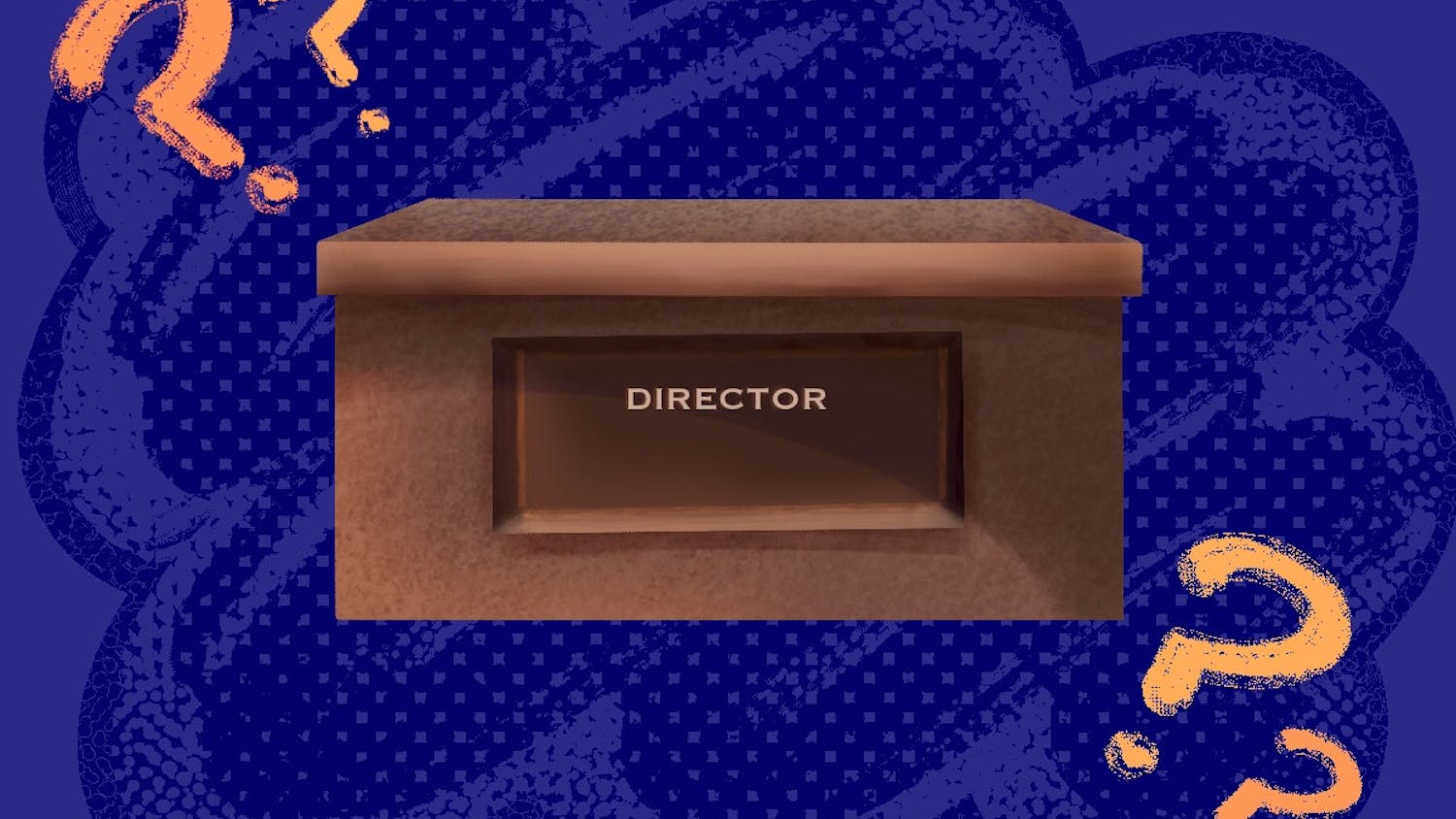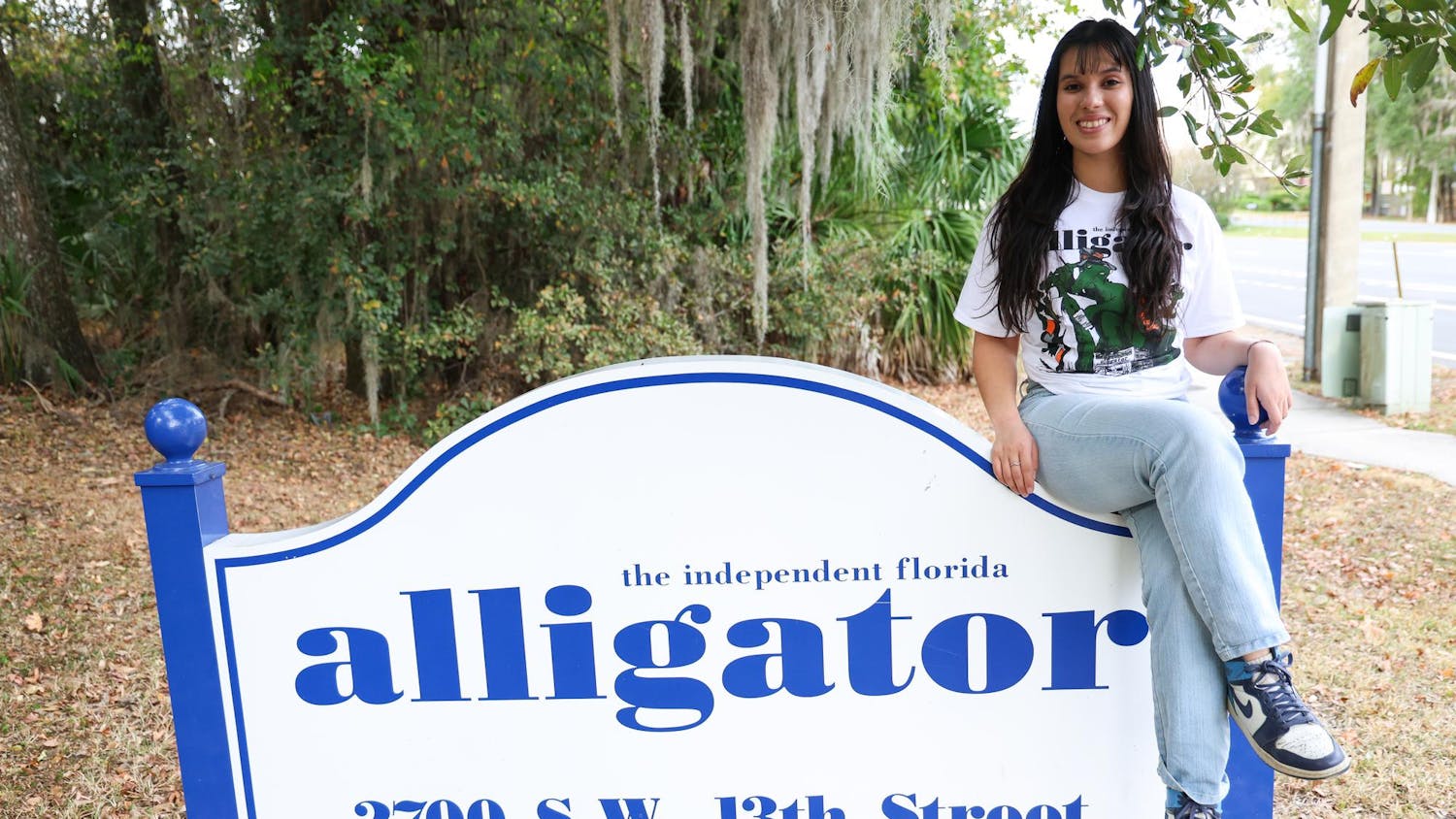If Jordyn Christian is watching TV and sees a negative political commercial, she either walks away or mutes it.
The 21-year-old linguistics senior is a registered independent and pays attention to both sides during the presidential elections. But the negative ads for the elections are starting to annoy her.
“I’m really sick of mudslinging,” she said.
A study done by a UF political science professor determined that negative ads don’t always work, but when they do, it’s on people who trust the government — which Christian said she only does sometimes.
A negative ad is one about the opponent rather than the candidate who sponsored the ad. Contrast ads, which are considered negative, stress the opponent’s failures and the sponsoring candidate’s success.
The study showed that negative ads impact people with high trust and political sophistication.
UF political science professor Stephen Craig, who wrote the study, said people with a positive outlook were affected the most.
However, he said the amount of people who trust the government is shrinking and has been since the mid-1960s.
Craig said people who are low on knowledge and sophistication will not be able to process the information in a negative ad.
He started his research to see how candidates respond to negative attacks. But first, he needed an effective negative ad.
Through a controlled experiment with about 200 political science students, students looked at two negative ads that attack fictional political incumbents and four responses to each attack.
The negative ads were about taking advantage, such as inappropriately using constituents’ money and being out-of-touch with constituents. Some candidates’ responses to attacks impacted people more than others.
For example, denial as a response worked best. Denial increased an incumbent’s vote share by 32.8 percent in taking advantage and 21 percent in out-of-touch. But when denial is not available because the evidence in the attack is true, counterattack was the next best. After counterattack were counterimage and justification, according to the results.
Craig said people aren’t against negative ads, but become weary when candidates go over-the-top.
“It works except when it doesn’t,” Craig said.
He said candidates don’t win by negative ads. “They need to have a message that resonates with voters,” he said.
The results showed some backlash against negative ads. During the experiment, participants were asked to rate the candidates. Ratings for both the candidate who produced the ad and the candidate who was targeted in the ad went down after the attack ad, but the target went down more, Craig said.
Craig also conducted an online survey, which is using measures of trust and knowledge, to have a larger sample size. The data has not yet been analyzed.
Sean Williams, a 22-year-old linguistics senior, said negative ads don’t sway votes — at least not his.
“But regardless, it plants a doubt in their mind,” he said.
Contact Samantha Shavell at sshavell@alligator.org.





